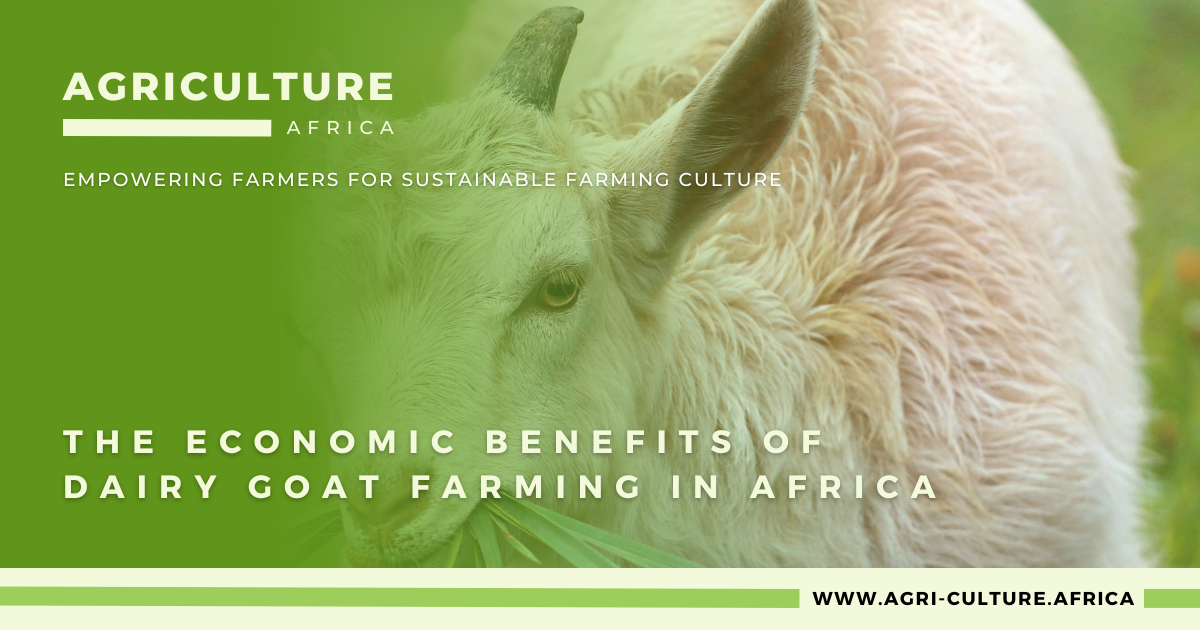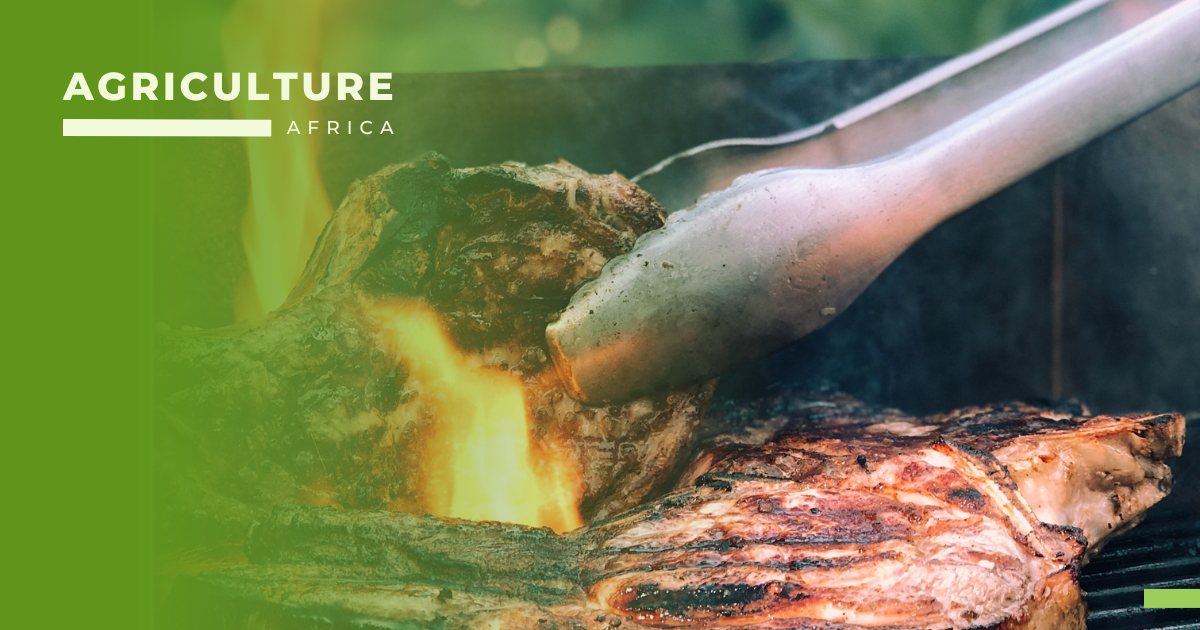
Empowering African Farmers for Sustainable Farming Culture
From milk to meat, why dairy goats are a game-changer for smallholder farmers in Africa
Benefits of Dairy Goat Farming in Africa: Unlocking Economic Opportunities for Smallholder Farmers
Dairy goat farming is becoming a more popular option for African smallholder farmers because it provides a more sustainable and versatile alternative to traditional livestock farming practices. Goat milk is in high demand due to its high nutritional value, particularly in emerging markets. Simultaneously, goat meat is a staple food in many African countries as well as a growing export market.
In this article, we look at the economic benefits of dairy goat farming in Africa, including its potential to provide income to smallholder farmers, as well as the challenges and opportunities for expanding the sector.
In the African context, goat milk is a valuable commodity. It is high in calcium, protein, and vitamins, making it a popular food for both human consumption and animal feed. Goats require less space and feed than cows and produce milk with a higher butterfat content. As a result, they are an excellent choice for smallholder farmers with limited resources. Furthermore, dairy goat farming uses less water than traditional dairy farming, which is especially important in areas with limited water resources.
Goat milk is also in high demand due to its nutritional value and is used in the production of a variety of dairy products such as cheese, yogurt, and ice cream. According to the Food and Agriculture Organization (FAO), global demand for goat milk is increasing, especially in Asia and Africa.
| Animal | Average milk production per day | Butterfat content |
|---|---|---|
| Goat | 1-3 liters | 4-6% |
| Cow | 10-20 liters | 3-4% |
Goats, in addition to producing milk, are a valuable source of meat. Goat meat, also known as chevon, is a popular food in many African countries and is in high demand in international markets. The International Trade Centre (ITC) reports that the global market for goat meat is expanding, particularly in the Middle East and Asia. Smallholder farmers can capitalize on this demand by producing high-quality goat meat and selling it locally or exporting it to other countries.

| Animal | Average weight at slaughter | Average meat yield |
|---|---|---|
| Goat | 20-30 kg | 50% |
| Cattle | 250-300 kg | 40% |
Dairy goat farming is a more environmentally friendly and sustainable alternative to traditional livestock farming practices. Dairy goats have a lower environmental impact than cattle because they emit less methane and use less water. They also require less land to graze, which can help to mitigate overgrazing and deforestation. Furthermore, dairy goat farming can help to conserve soil by using manure as a natural fertilizer.
While dairy goat farming has the potential to provide significant economic benefits for smallholder farmers in Africa, there are also several challenges to consider. These include limited access to markets, lack of infrastructure, and inadequate veterinary services. However, there are also many opportunities to overcome these challenges through increased investment in the sector, improved breeding practices, and better access to credit and technical assistance.
Dairy goat farming has the potential to transform the lives of smallholder farmers in Africa by providing a source of income through milk and meat production. With growing demand for goat products in local and export markets, dairy goat farming can also contribute to the development of the wider agricultural sector. While there are challenges to be addressed, the opportunities for scaling up this sector are significant, and with the right investments and policies, dairy goat farming can become a major contributor to poverty reduction and economic growth in Africa.
References:
For More on Benefits of Dairy Goat Farming {Link}
Your donation fuels change! Help Agriculture Culture in Africa empower farmers with resources, training, and access to innovation. Together, we can revolutionize African agriculture.
Empowering Sustainable Growth and Innovation in African Agriculture
Sign up to our newsletter